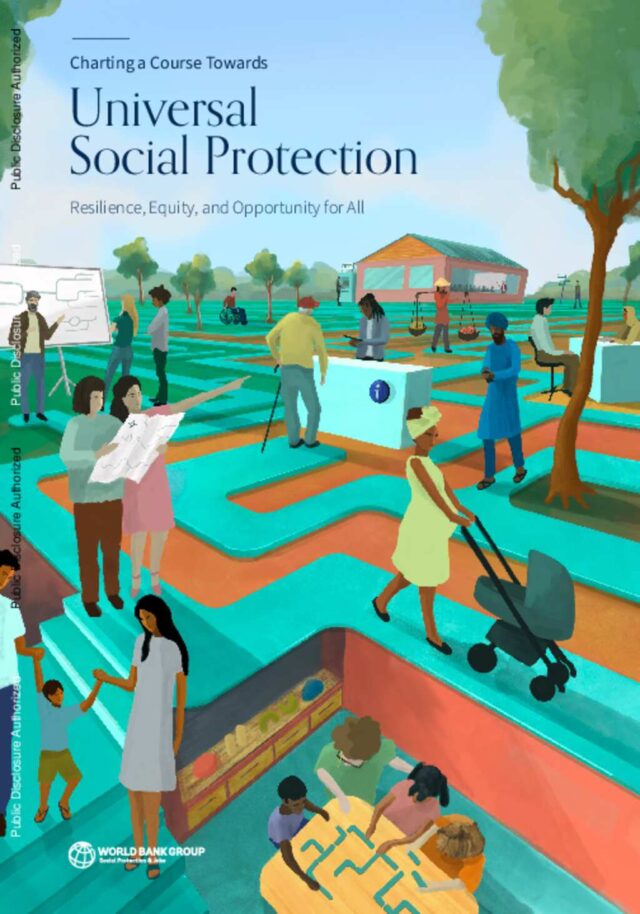Money and ageing: South African study shows cash grants help people live longer and have better memory function
Nearly half of South Africa’s 60 million people receive social grants, ranging from child support to pensions. The grants are designed to provide financial assistance to people living in poverty. The largest components of the South African social grant system were introduced, or expanded to include the full population, in the 1990s. Since then, the system has evolved into one of the most comprehensive in the global south. In addition to their direct financial benefits, the grants have been found to have a wide range...


